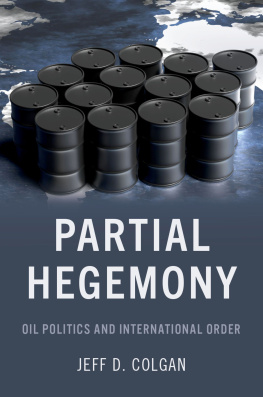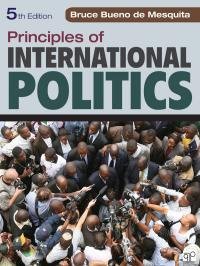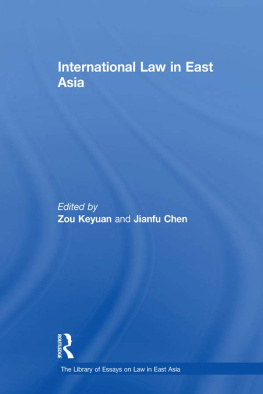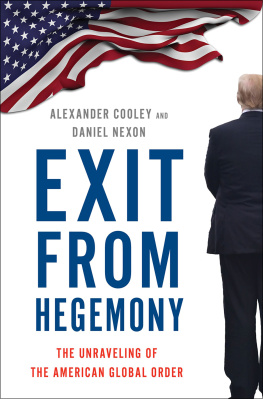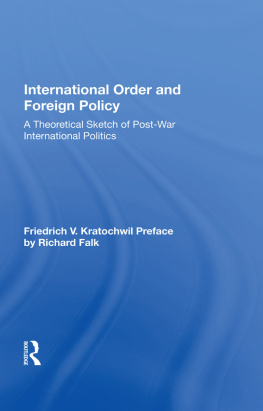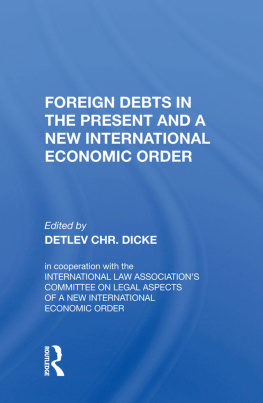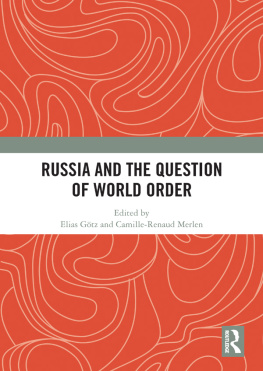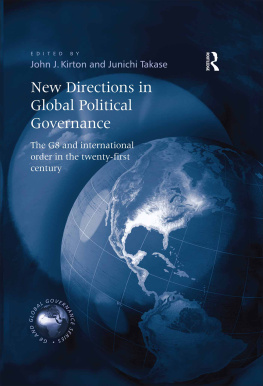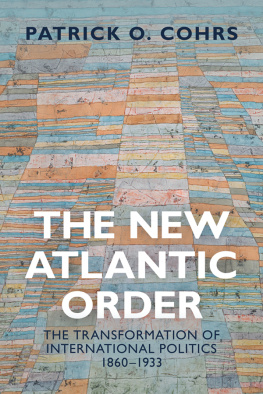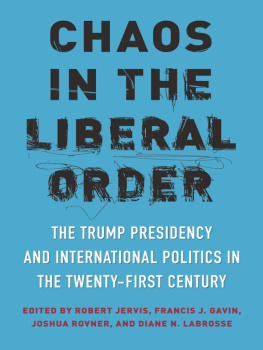Partial Hegemony

Oxford University Press is a department of the University of Oxford. It furthers the Universitys objective of excellence in research, scholarship, and education by publishing worldwide. Oxford is a registered trade mark of Oxford University Press in the UK and certain other countries.
Published in the United States of America by Oxford University Press
198 Madison Avenue, New York, NY 10016, United States of America.
Oxford University Press 2021
All rights reserved. No part of this publication may be reproduced, stored in a retrieval system, or transmitted, in any form or by any means, without the prior permission in writing of Oxford University Press, or as expressly permitted by law, by license, or under terms agreed with the appropriate reproduction rights organization. Inquiries concerning reproduction outside the scope of the above should be sent to the Rights Department, Oxford University Press, at the address above.
You must not circulate this work in any other form and you must impose this same condition on any acquirer.
Library of Congress Cataloging-in-Publication Data
Names: Colgan, Jeff, 1975 author.
Title: Partial hegemony : oil politics and international order / Jeffrey Colgan.
Description: New York : Oxford University Press, 2021. |
Includes bibliographical references and index. |
Identifiers: LCCN 2021031372 (print) | LCCN 2021031373 (ebook) |
ISBN 9780197546383 (paperback) | ISBN 9780197546376 (hardback) |
ISBN 9780197546406 (epub) | ISBN 9780197546413
Subjects: LCSH: HegemonyUnited States. | Power (Social sciences)
United States. | Petroleum industry and tradePolitical aspects
United States. | United StatesForeign relations.
Classification: LCC JZ1312 .C62 2021 (print) |
LCC JZ1312 (ebook) | DDC 327.101dc23
LC record available at https://lccn.loc.gov/2021031372
LC ebook record available at https://lccn.loc.gov/2021031373
DOI: 10.1093/oso/9780197546376.001.0001
Contents
Book acknowledgments tend to be a lot like Academy Award speeches, but without the tuxedos, gowns, and sexy peoplethey go on too long and are boring for almost everyone except the insiders. Sorry. If you arent an academic author yourself, its hard to fathom just how many debts a person accrues in the process of writing a book like this. In my case, I needed all the help I could get.
Robert O. Keohane is a mentor, coauthor, and friend. He read several large chunks of this manuscript on multiple occasions and made it better each time with his usual mix of kind encouragement and tough critique. I decided on the books title mostly because it reflected a core concept I wanted to highlight, but happily it also pays homage to Bobs masterwork, After Hegemony.
Ive never studied or worked at the University of Chicago, so I especially appreciate the generosity its political scientists have shown to me. They hosted me on multiple occasions in the years it took to write this book. John J. Mearsheimer read my work carefully, zeroed in on its weaknesses with brutal precision, saw its promise, and took the time to sharpen my thinking immensely. Paul Staniland, Austin Carson, Paul Poast, Rochelle Terman, Kara Ross Camarena, and Robert Gulotty gave me new ideas, as did some smart graduate students like Alexandra Chinchilla and Gentry Jenkins.
I was lucky to visit Europe and engage with scholars there as part of this project, including Christian Bueger, Eleni Tsingou, Anders Wivel, Rebecca Adler-Nissen, Ann Towns, Adrian Hyde-Price, Jens Mortensen, Ole Jacob Sending, Halvard Leira, Mlfrid Braut-Hegghammer, and Dag Harald Claes. My cousin and coauthor William Colgan made my stay there fun and brought me back to the physical sciences, where my education began (in engineering physics, many moons ago).
I owe thanks to a great many people who read early versions of various chapters, including: Peter Andreas, Leonardo Baccini, Hannah Baron, Sarah Bauerle Danzman, Morgan Bazilian, Katherine Beall, Jean-Franois Blanger, Andrew Bennett, Robert Blair, Yuna Blajer de la Garza, Mark Blyth, Jordan Branch, Hal Brands, Joshua Busby, Allison Carnegie, Poulomi Chakrabarti, Christine Cheng, Bridget Coggins, Adam Dean, Charles Doran, Jack Donnelly, Alex Downes, Miles Evers, Michel Fournier-Simard, Jeffry Frieden, Giuliano Garavini, Gregory Gause, Charles Glaser, Ilene Grabel, Marc Grinberg, Seva Gunitsky, Randall Henning, Juliet Johnson, Richard Jordan, Tyler Jost, Miles Kahler, Nikhil Kalyanpur, Peter Katzenstein, Rosemary Kelanic, Andrew Kerner, William Kring, Paasha Mahdavi, Edward Mansfield, Matthias Matthijs, Rose McDermott, Patrick McDonald, Kathleen McNamara, Nicholas Miller, Jonas Nahm, Daniel Nexon, Stephen Nelson, Joseph Parent, Reid Pauly, Krzysztof Pelc, Margaret Peters, Tyler Pratt, Michael Ross, Elizabeth Saunders, Detlef Sprinz, David Steinberg, Alexander Sullivan, Dustin Tingley, Felicity Vabulas, Thijs van de Graaf, Robert Vitalis, Rachel Whitlark, Alex Weisiger, Ayse Zarakol, and probably a dozen others that I really ought to acknowledge.
Im grateful to participants at seminars at: McGill University, University of Chicago, Georgetown University, Harvard University, Texas A&M (via the Lonestar Security Forum), Princeton University, George Washington University, Johns Hopkins University, NYUAbu Dhabi, University of Copenhagen, NUPI (Oslo), Kings College London, Northwestern University, University of Gothenburg, Stanford University (CASBS), Cornell University, Colorado School of Mines, and the University of Pennsylvania; and meetings of the International Studies Association, the International Political Economy Society, the Peace Science Association, and the European International Studies Association; and also to students in my classes, who provided detailed feedback.
I conducted interviews and archival work during my research. I especially wish to thank staff members at the OPEC Secretariat in Vienna, including Asma Muttawa, Mohamed Mekerba, and Dr. Aziz Yahyai, for helpful in-person discussions, and Nona Schlegel, Iryna Chupikova, and Almudena Gil Franco for their help accessing OPEC historical records. I also thank the staff at the Lyndon B. Johnson Presidential Library in Austin, Texas; staff at the British National Archives in Kew (London) UK; and Lisette Matano and Scott Taylor at Georgetown University for their help accessing the William E. Mulligan Papers.
My editor David McBride and his team at Oxford University Press made this book better than it would have been otherwise. So did Jacquelyn Larson, who reviewed the manuscript for me. Rachel McMahon provided superb research assistance. Thanks.
is largely based on my 2014 article in International Organization, The emperor has no clothes: The limits of OPEC in the global oil market. I appreciate permission from Cambridge University Press to reuse that article in revised form.
Most of all, Im grateful to my family. My mother Valerie and my brother Andrew supported me from afar. My wife January supported me at much closer quarters. Im very grateful to her, and them, for listening to my self-doubts and frustrations along the way, and for knowing when not to listen too carefully.
My daughter Sophie has been a constant source of joy and distraction over the many years it took me to write this book. She was a toddler when I began; now she is showing the kind of intelligence, creativity, and kindness that I hope she has for the rest of her life. I dedicate this book to her.

